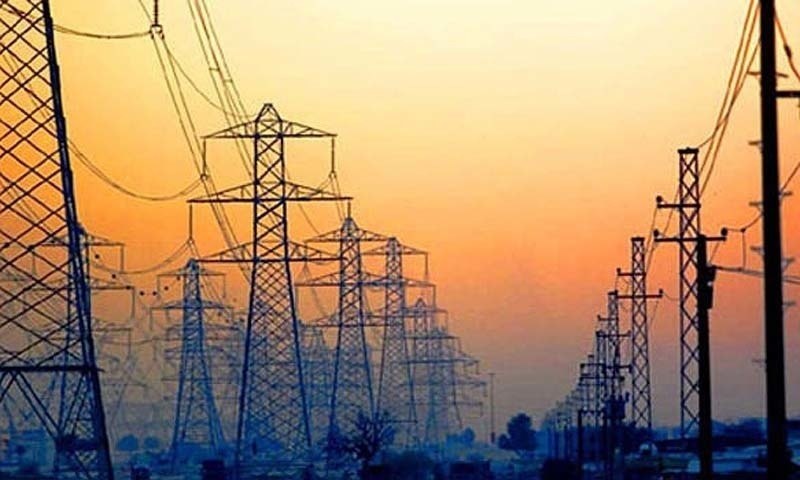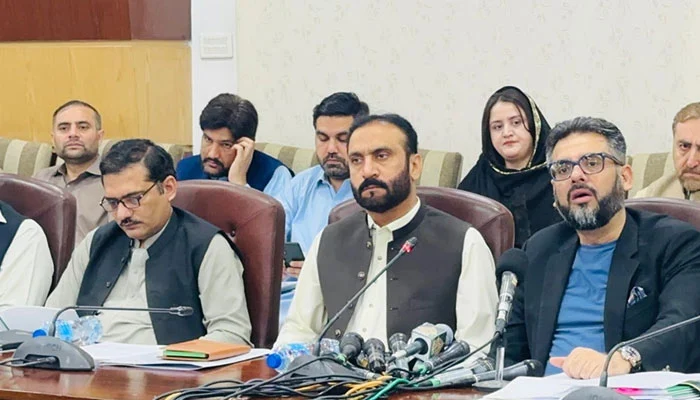The All Pakistan Traders Association has announced a nationwide protest against the recent increase in electricity bills, set to commence on July 1. This call to action comes with a stern warning to the federal government to abolish additional taxes by June 30 or face further actions from the trader community. Ajmal Baloch, President of the All Pakistan Traders Association, alongside other traders, made this announcement during a joint press conference in Islamabad.
Baloch expressed deep concerns over what he termed as “injustice” in the recent electricity billing. “The government has committed an injustice regarding electricity bills, and we are declaring a nationwide protest starting from July 1,” he stated. Baloch highlighted significant discrepancies in the billing system, noting that a bill for 200 units is markedly different from that of higher usage, which he attributes to unfair practices and policies benefiting the elites.
The crux of the traders’ grievances revolves around the Independent Power Producers (IPPs), which are owned by government elites and are being compensated in dollars. Baloch pointed out the disparity between the payments made to IPPs and the actual electricity requirement. “Payments to IPPs are being made for 48,000 megawatts, while the actual requirement is around 20,000 megawatts,” he revealed. This discrepancy, according to Baloch, is a major factor contributing to the inflated electricity bills burdening the general public and the trader community.
Ajmal Baloch called upon traders and the general public to join the protest on July 1. “On July 1, traders across the country should protest, and the public should join us. There will be protests on every level and every street,” he urged. This unified stand, Baloch believes, is crucial to compelling the government to reconsider and revoke the additional taxes and fixed charges imposed on electricity bills.
The traders have set a clear ultimatum for the government: abolish the additional taxes, fixed taxes, and slabs included in the electricity bills by June 30, or face escalated actions. “If the government does not act by June 30 (Sunday), we will announce our next course of action on July 1,” Baloch warned. He also emphasized the need for reviewing the IPP contracts, which he claims burden the national budget by Rs2,500 billion annually.
The announcement of the protest has garnered significant attention and support from various trader associations and the general public, who are equally affected by the rising electricity costs. The planned protest is a response to what many see as the government’s failure to address the systemic issues within the power sector, leading to exorbitant electricity bills and financial strain on businesses and households alike.
Discrepancy in Billing: Baloch emphasized the unequal billing practices where the cost per unit significantly increases with higher usage, a system he argues is designed to exploit consumers.
Payments to IPPs: The government is paying for 48,000 megawatts to IPPs while the actual requirement is around 20,000 megawatts, leading to excessive costs.
IPP Contracts: These contracts are seen as a major financial burden, costing the national budget Rs2,500 billion annually. Baloch insists that these contracts need to be reviewed and renegotiated to reduce the financial strain.
The call for a nationwide protest is expected to see significant participation from traders and the general public. The traders’ association is leveraging this widespread discontent to mount pressure on the government. “There will be protests on every level and every street,” Baloch declared, indicating a large-scale mobilization effort.
The All Pakistan Traders Association’s demand for the abolition of additional taxes by June 30 is a critical deadline. Failure to meet this demand will likely result in escalated protests and potentially more severe actions from the trader community. The government’s response in the coming days will be crucial in determining whether a resolution can be reached or if the protests will proceed as planned.




